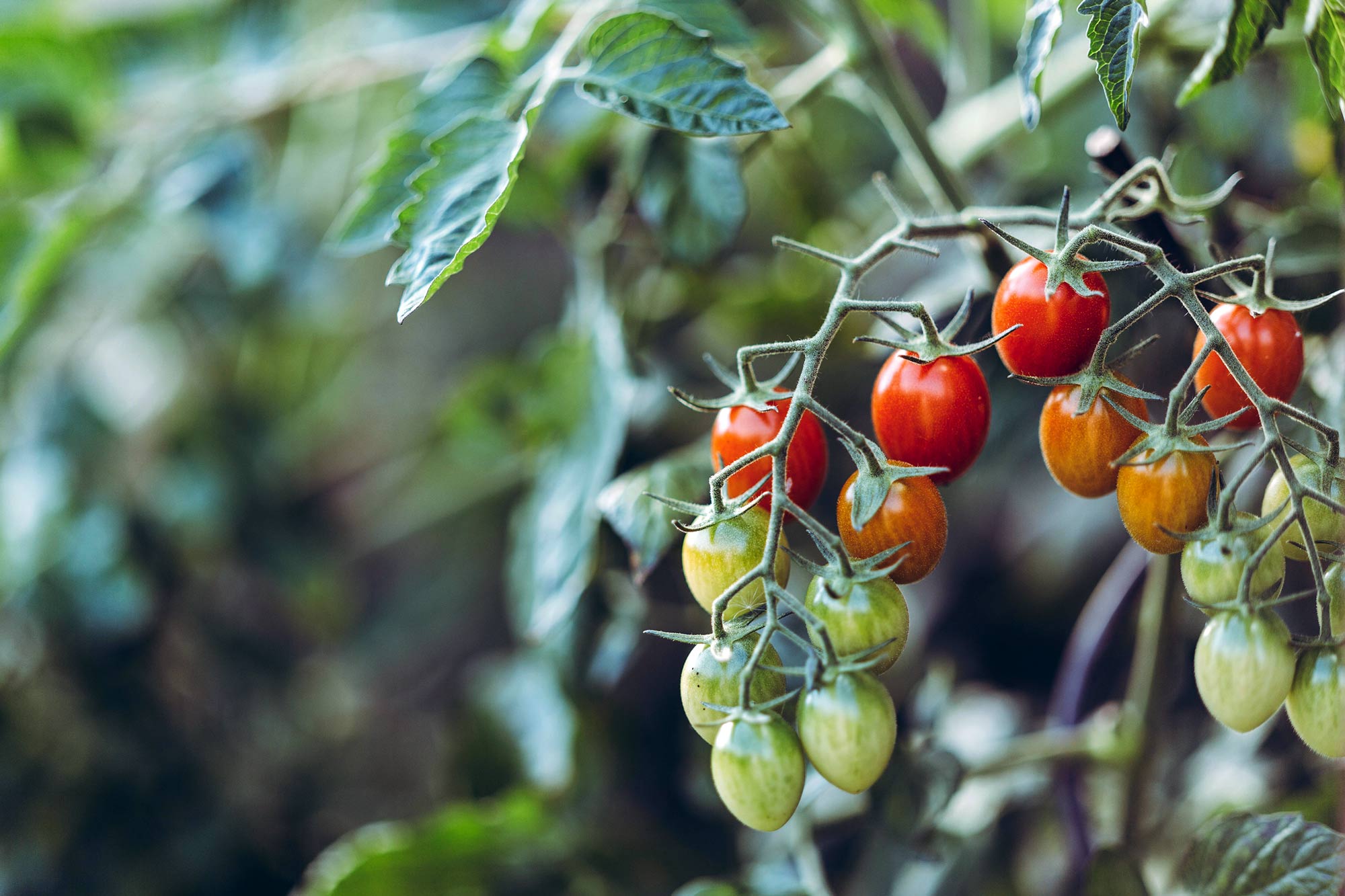Welcome to your introduction to permaculture—a holistic approach to gardening and sustainable living that works with nature, not against it. Whether you’re just starting out or looking to deepen your understanding, permaculture offers simple, practical methods for growing food, conserving resources, and creating thriving ecosystems right in your backyard. On this page, you’ll find the key areas of permaculture broken down into clear, beginner-friendly sections. Each topic is designed to help you build a resilient, productive garden while caring for the earth and your community.
Main Areas of Permaculture for New Gardeners
1. Permaculture Ethics and Principles
- Ethics: Care for the Earth, Care for People, and Fair Share.
- Principles: There are 12 widely recognized design principles, such as Observe and Interact, Catch and Store Energy, Obtain a Yield, Produce No Waste, Use and Value Diversity, etc. Learn more…
2. Permaculture Zones
- Permaculture divides land into Zones 0–5 based on how often you use or visit each area:
- Zone 0: The home or main living space.
- Zone 1: Areas needing daily attention (kitchen garden, herbs).
- Zone 2: Less frequent care (orchard, larger compost, beehives).
- Zone 3: Main crops with minimal maintenance.
- Zone 4: Semi-wild, foraging, timber, occasional grazing.
- Zone 5: Untouched wilderness for observation and learning from nature. Learn more…
3. Practical Design Elements
- Guilds: Plant communities that support each other (e.g., “Three Sisters”: corn, beans, squash).
- Companion Planting: Choosing plants that benefit each other.
- Water Management: Rainwater harvesting, swales, mulching, drip irrigation.
- Soil Health: Composting, mulching, no-dig gardening, using perennials. Learn more…
4. Biodiversity and Wildlife
- Encouraging beneficial insects, birds, and native plants.
- Creating habitats and using edges and wild areas (Zone 5) for ecosystem health. Learn more…
5. Sustainable Living and Resource Use
- Energy and Water Efficiency: Solar, wind, water conservation, reducing inputs.
- Waste Reduction: Composting, recycling, upcycling, producing no waste. Learn more…

